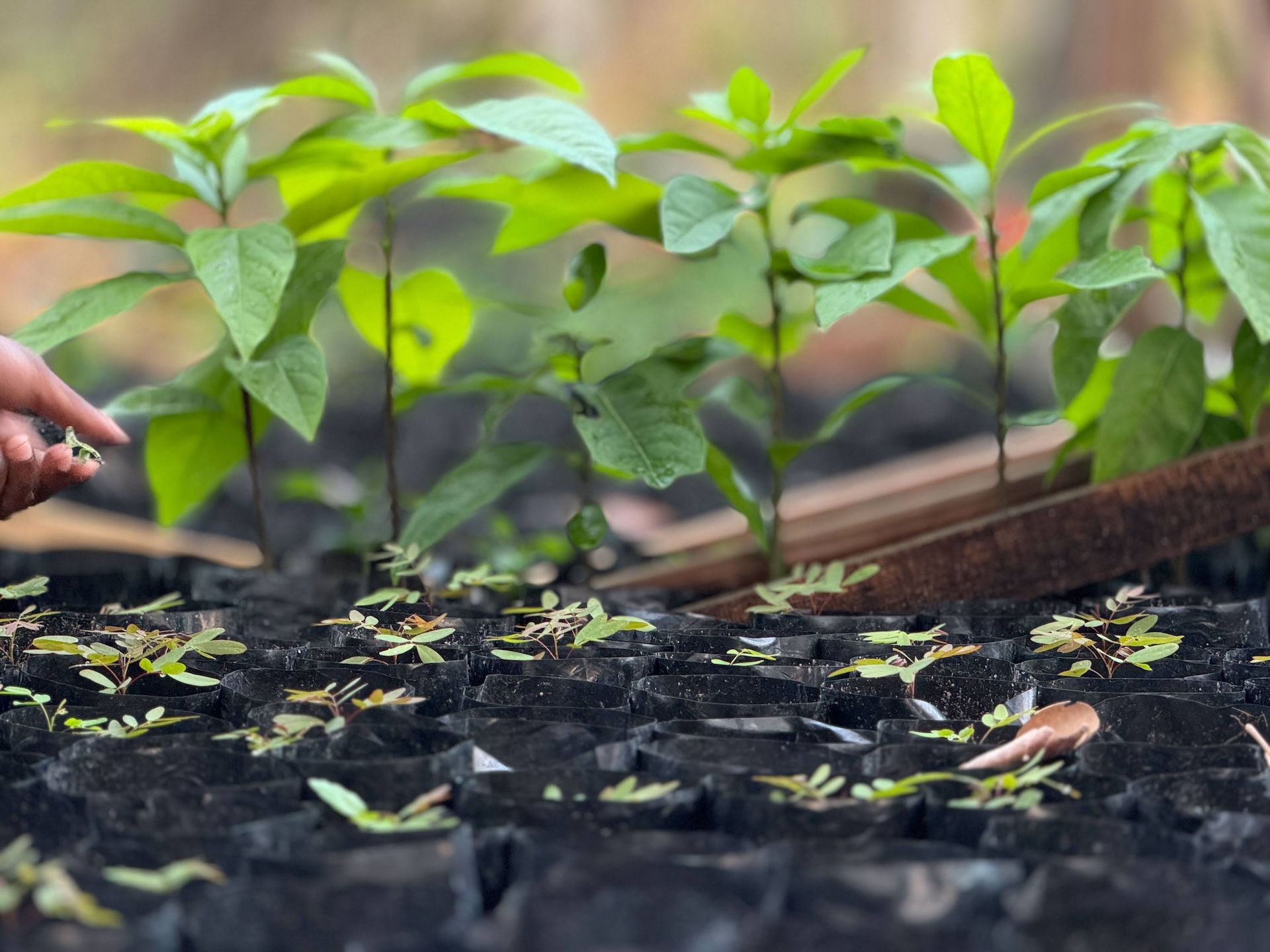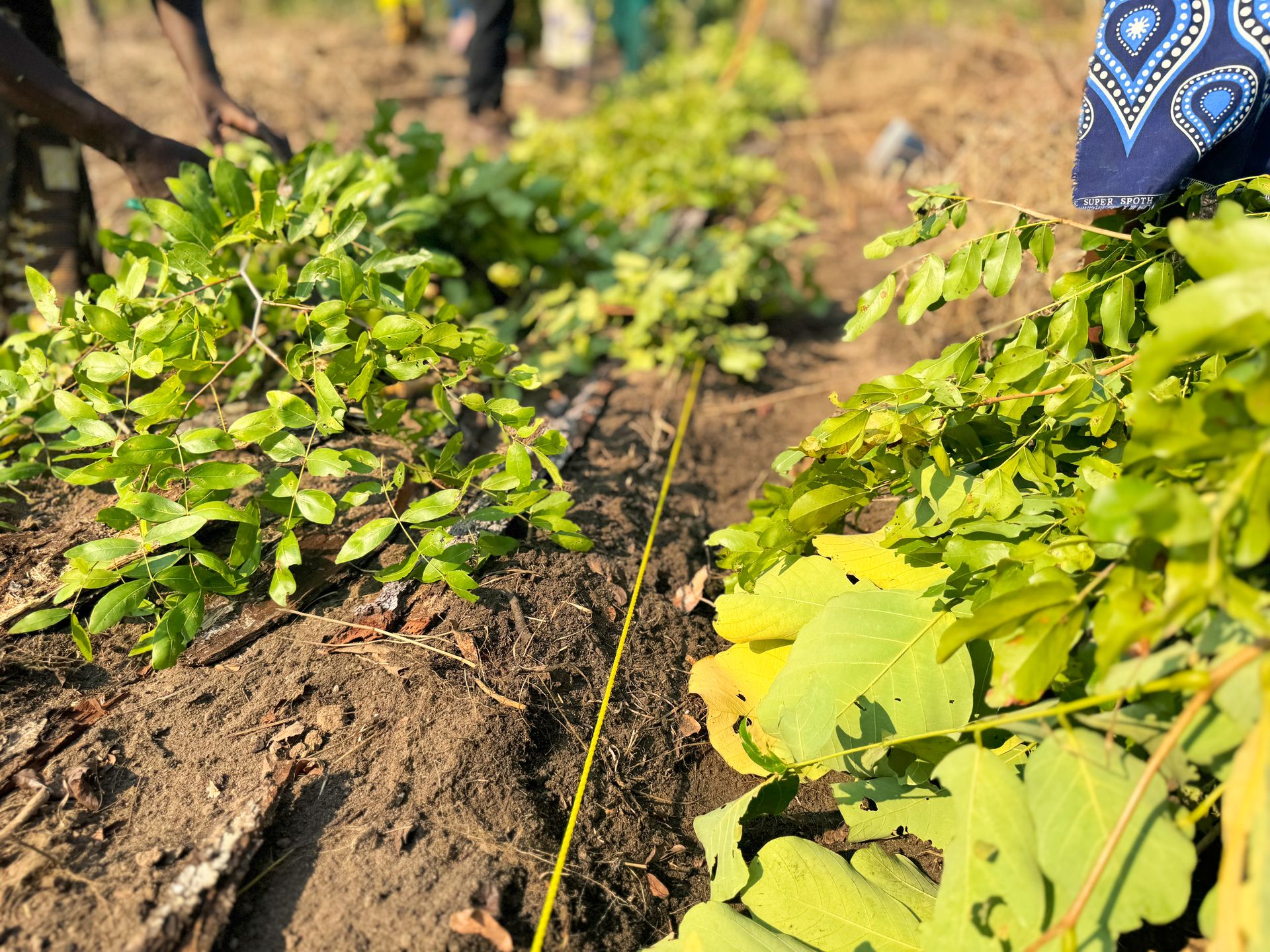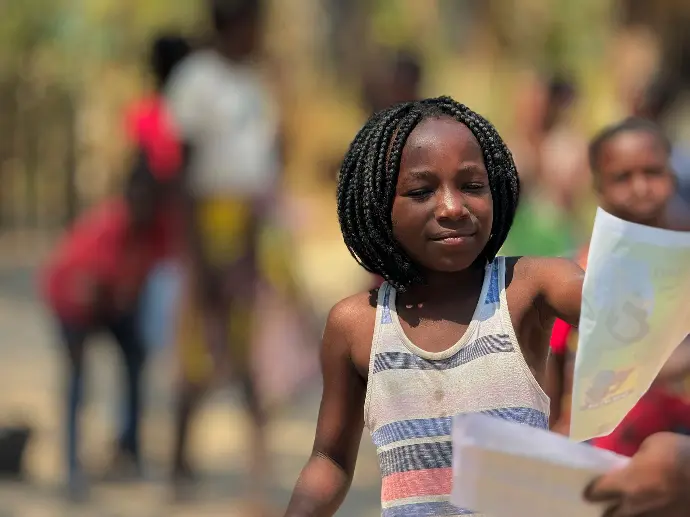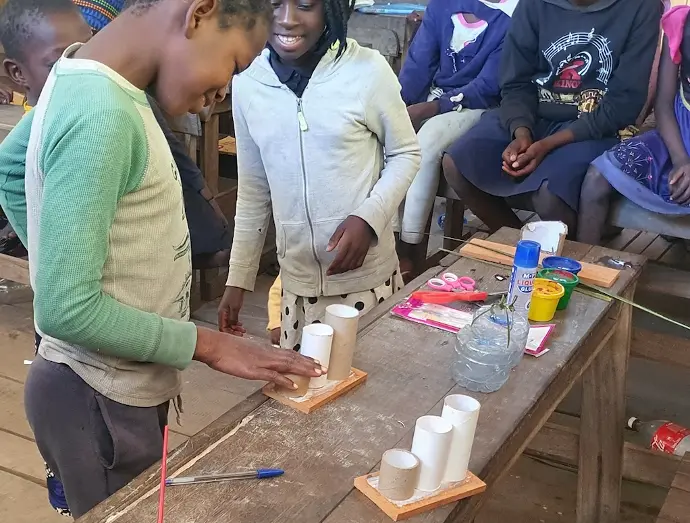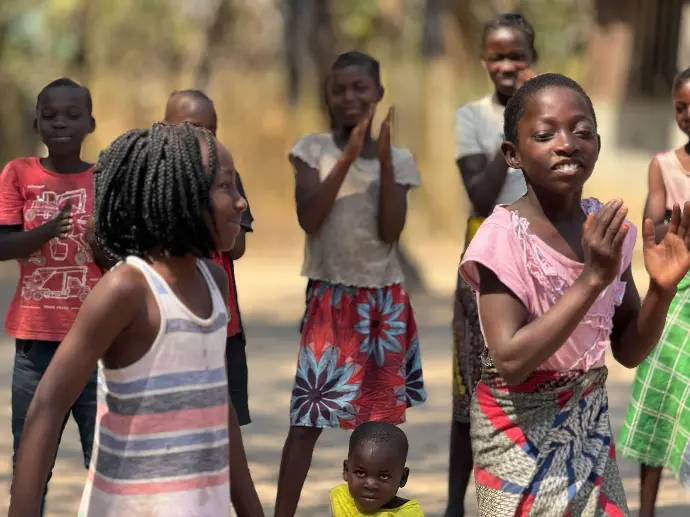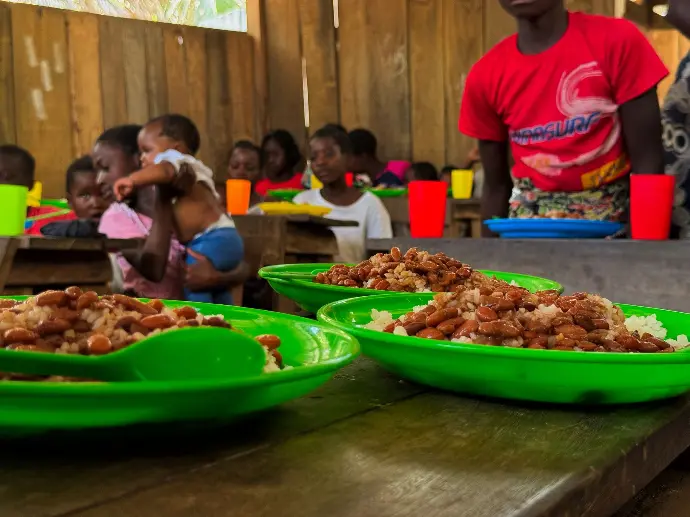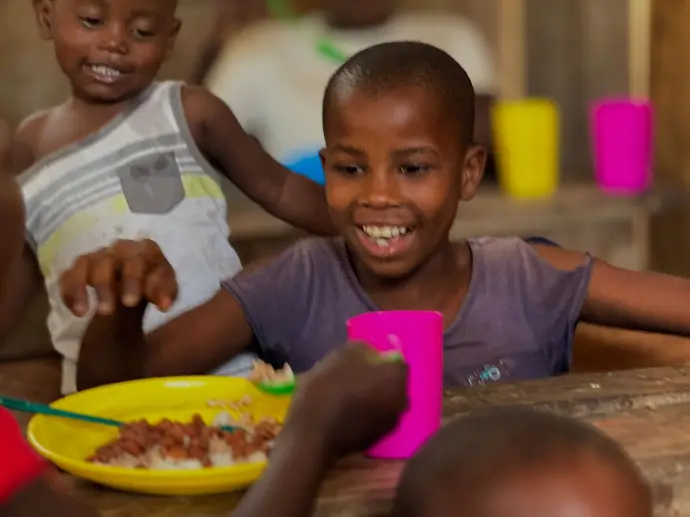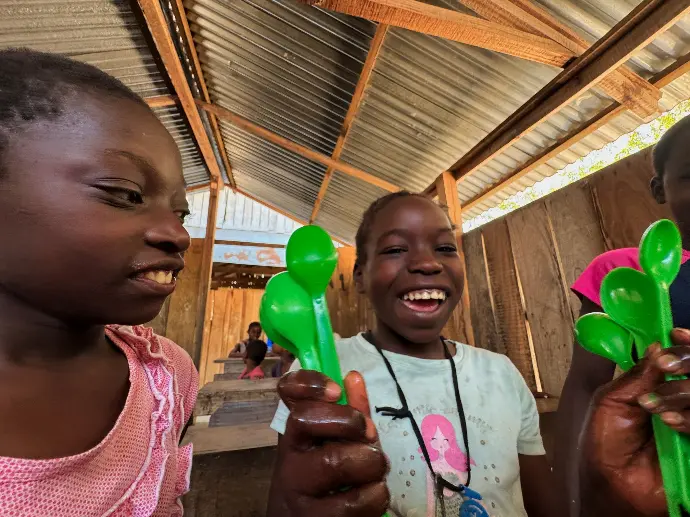Iris
Income Enhancement in Integrated and Sustainable Agricultural Supply Chains -Sofala (Beira, Dondo & Caia)
The IRIS Project aims to strengthen 270 smallholder families in the fish farming and dairy sectors by promoting integrated agroforestry systems, improved post-harvest practices and the strengthening of local cooperatives to increase yields and food security.
About the project
IRIS addresses the vulnerabilities of agricultural supply chains in Sofala province. The initiative promotes integration between agroforestry, fish farming and post-production improvements to generate lasting economic, social and environmental impact in communities.
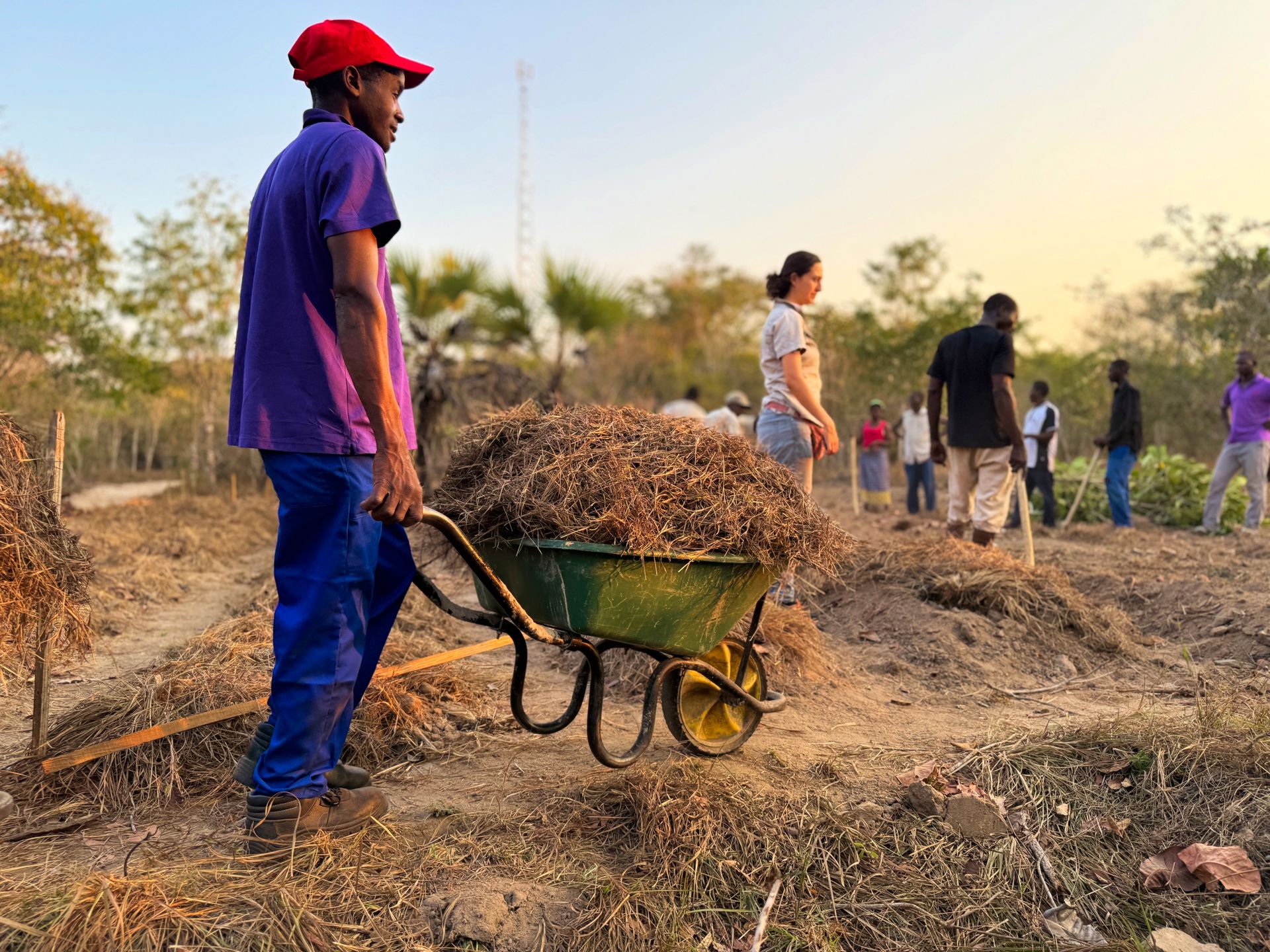
Duration: 3 years
Budget: €96,593.00
Donor: Italian Agency for Development Cooperation (AICS)
Consortium leader: CELIM (together with CEFA and ICEI)
Partners: Granarolo Spa, NANA, LevasFlor Foundation, AKSM
Activities range from technical training and the installation of agroforestry systems integrated with fish farming to the strengthening of local cooperatives. With this approach, the project promotes resilience, food security and decent income generation for communities.
In line with the Sustainable Development Goals (SDGs), IRIS contributes directly to:

SDG 2.1
Promoting regular access to nutritious and safe food.
SDG 2.3
By improving the productivity and income diversification of small producers integrated into the milk and fish farming chains.
SDG 2.4
By introducing resilient and sustainable practices that increase biodiversity and promote climate adaptation.
Expected results
- IRIS anticipates that small producers will increase and diversify production through robust agroforestry systems adapted to climate challenges.
- Post-production and marketing processes are also expected to improve, ensuring that milk, tilapia, and cash crops reach the market with higher quality and added value.
- The strengthening of local cooperatives will create a solid foundation for community autonomy and economic growth.
Thus, the project paves the way for sustainable prosperity for all families involved.
270
Smallholder families will benefit directly from Nile tilapia and milk and from fish farming activities.
Triple Resilience (3R)
Fostering Social Resilience, Economic and Environmental in the Beira Corridor
Fundação LevasFlor is part of a consortium implementing the Triple Resilience (3R) program, which focuses on promoting social, economic, and environmental empowerment in the Sofala and Manica provinces. The program aims to build and strengthen social, climate, and economic resilience in Mozambique by accelerating the shift from humanitarian aid to long-term sustainable development. As a result, communities will increase their ability to absorb, adapt, and transform in the face of recurrent climate shocks and stresses.
Duration: October 2024 – June 2025 (extention planned)
Budget: 170.000 USD
Consortiumlead: IFDC (International Fertilicer Development Cooperation)
Partners: Norwegian People’s Aid (NPA), Associação Kwaedza Simukai Manica (AKSM), and the International Economic Cooperation Institute (ICEI).
Donor: Swedish Embassy of Sweden
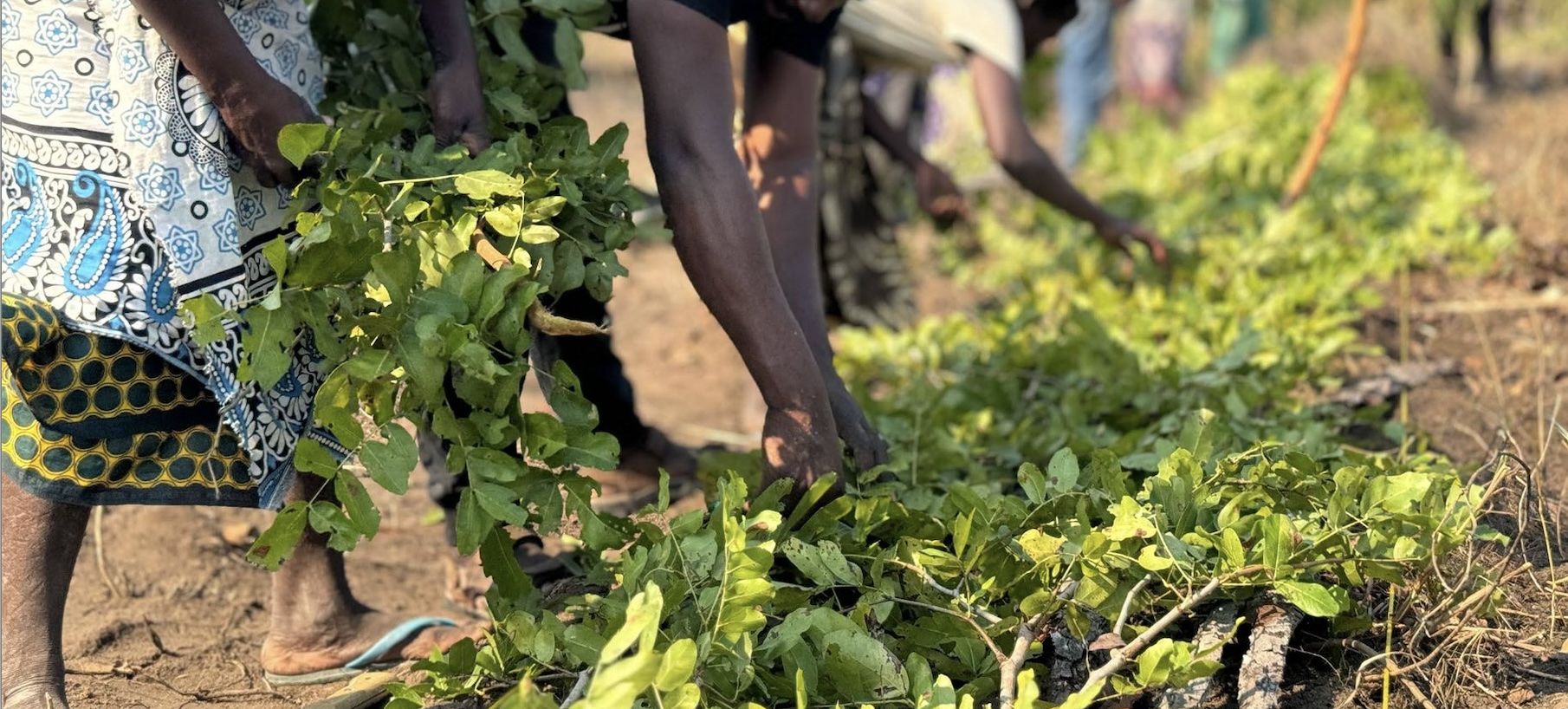
El Niño: Impacts and the Response of Triple Resilience
El Niño is a climatic phenomenon that can cause severe drought and a significant reduction in crop yields, directly affecting vulnerable regions and worsening food security. In some areas of Mozambique, such as Sofala and Manica, the effects have been particularly devastating. In 2024, districts like Chemba, Caia, Cheringoma, and Muanza recorded a loss of more than 50% of planted areas.
The negative impact of El Niño has led to severe food shortages, particularly for vulnerable farmers—the primary target group of the Triple Resilience (3R) program. To address these challenges, the LevasFlor Foundation is implementing practical and sustainable solutions through the 3R program, including:
• Strengthening Agricultural Production: Distributing seeds and promoting organic fertilization to reduce the impact of El Niño and improve food access in affected communities.
• Water Management and Irrigation: Introducing water harvesting systems and sustainable water usage strategies to ensure crop supply throughout the year. This includes training farmers to build and manage simple water collection and storage structures for irrigation during the off-season.
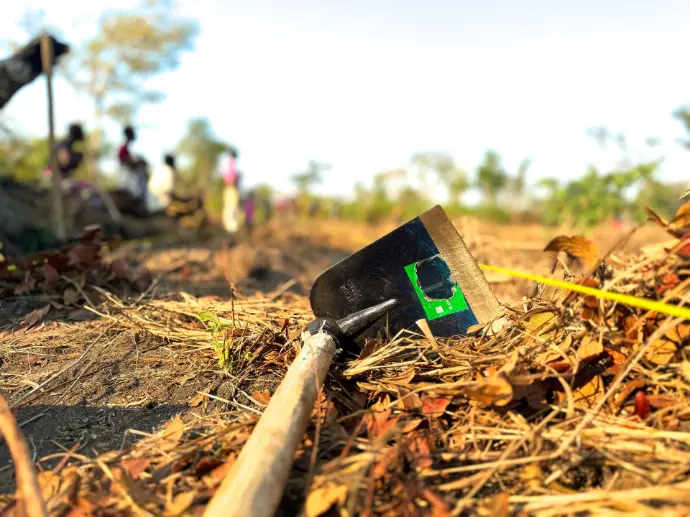
• Income Diversification: Supporting small livestock farming, such as raising chickens, to help farmers generate additional income.
This emergency intervention is funded by the Embassy of Sweden.
The Project implemented by Fundação LevasFlor as part of the Triple Resilience Program is in full swing, addressing social, economic and environmental empowerment in the Sofala and Manica Provinces . The project focuses on the reintegration of beneficiaries from the Disarmament, Demobilization, and Reintegration (DDR) process, by equipping them through ongoing training programs and creating sustainable livelihood opportunities.
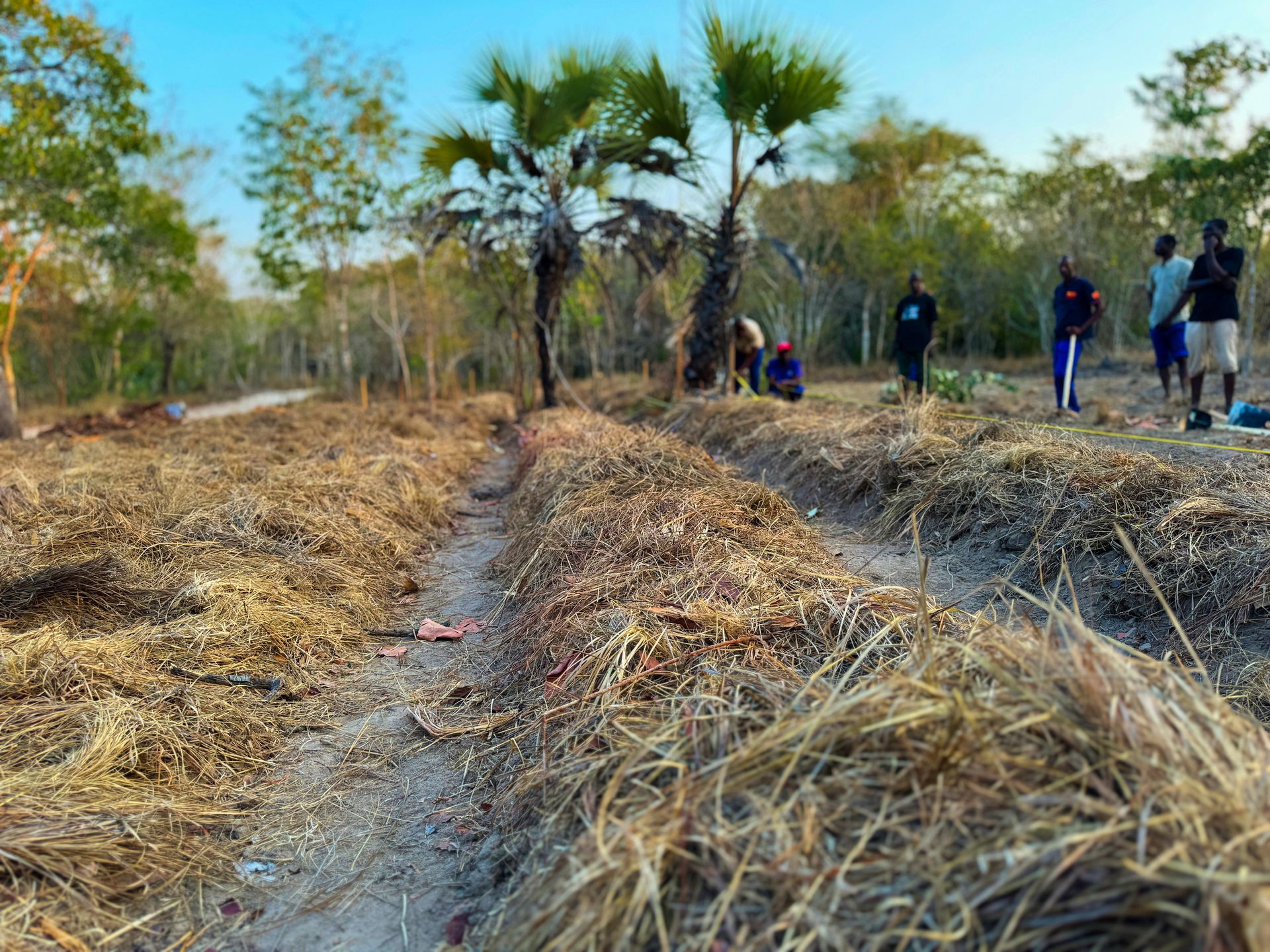
Currently, 30 beneficiaries from the Disarmament, Demobilisation and Reintegration Progam (DDR), are integrated into the sustainable, deforestation-free charcoal production program and agroforestry practices. Additionally, the project has established community-led nurseries to support tree planting and promotes sustainable agricultural techniques among local farmers.
The Triple Resilience Project not only supports the reintegration of ex-combatants but also actively contributes to the preservation of the Miombo woodlands, promoting practices that aim for sustainable development and the resilience of communities in the face of climate change.
Targets:
Farmer Leaders for Training and Support
nurseries established for each community
locals involved in the awareness campaign about sustainable agricultural techniques
Girls Club
The project aims to empower girls by encouraging them to stay in school longer and make informed, healthy life choices. It focuses on building their confidence, providing them with life skills, and creating a supportive environment to help them navigate challenges and pursue their education and personal growth.
Duration: 12 months extension planned
(January 2024 – December 2025)
Budget: 15.000 USD
Donor: individual donors
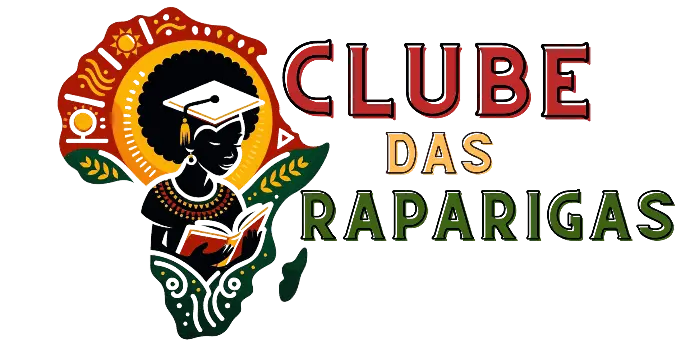
Learning at the Girls' Club is continuous and diverse, encompassing discussions on the environment, hygiene, and health, with the aim of raising children who are conscious and responsible for their well-being and the future of the planet.
Additionally, the club distributes personal hygiene kits and reusable sanitary pads, ensuring that girls have access to essential products in a dignified and eco-friendly manner.
The Girls' Club not only supports the educational and physical development of children but also strengthens their self-confidence and empowerment, preparing them to become agents of change within their communities.
